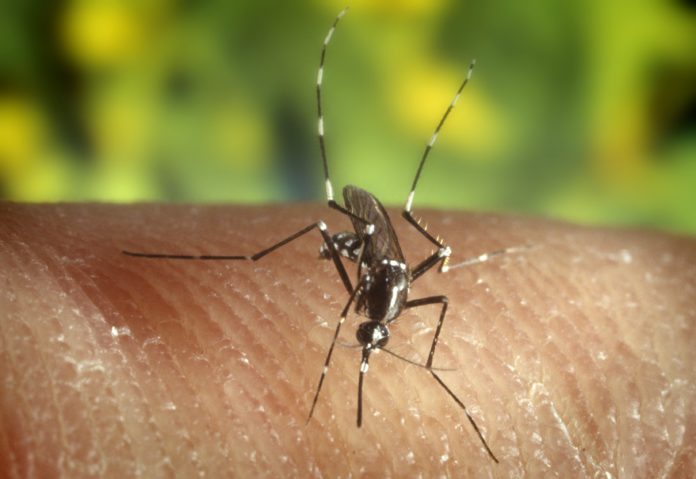An estimated 9 million cases have been reported across the world till date; WHO says not all countries are reporting all cases
The Centers for Disease Control and Prevention (CDC) has recently issued an alert for a dengue outbreak in the United States. It’s counterpart in Europe the European Centers for Disease Control and Prevention has also issued a similar warning. The World Health Organisation last month said that over 90 countries have known active dengue transmission in 2024, not all of which have been captured in formal reporting.
The dengue surge in many parts of the world alongside the unprecedented heat wave in some others – including India – have now begun to raise climate change alarm bells. WHO, while laying out the reasons for the global surge in cases of the disease that spreads through the bite of mosquitoes said: “…early start and longer duration of dengue transmission seasons in endemic areas; changing distribution and increasing abundance of the vectors (Aedes aegypti and Aedes albopictus); consequences of climate change and periodic weather phenomena (El Nino and La Nina events) leading to heavy precipitation, humidity, and rising temperatures favouring vector reproduction and virus transmission; changes in the circulating serotypes within a country affecting population immunity…” are among the culprits.
The role of rising temperatures in the dengue surge in the Americas was also acknowledged by the CDC in its recent alert when it wrote: “Dengue transmission peaks during the warmer and wetter months in many tropical and subtropical regions. Dengue cases are likely to increase as global temperatures increase. Higher temperatures can expand the range of the mosquitoes that spread dengue, as well as affect other factors that facilitate virus transmission like faster viral amplification in the mosquito, increased vector survival, and changes in reproduction and biting rates. U.S. summer travel often overlaps with the months of increased dengue activity in many countries. Epidemics in the Americas region increase travel-associated cases and limited local transmission in the continental United States.”
That mosquitos breed better and faster in warmer temperatures is a well known fact. However with the disease spreading to geographies not considered endemic for dengue may now require different strategies. Ending neglected tropical diseases like dengue is one of the sustainable development goals and the deadline of 2030 is fast approaching.
India, meanwhile is just entering its peak dengue season with monsoon kicking in in most parts of the country and the capital New Delhi having seen an unprecedented deluge in its first pre monsoon shower after a record breaking hot summer, both instances also being linked to climate change in many quarters.


